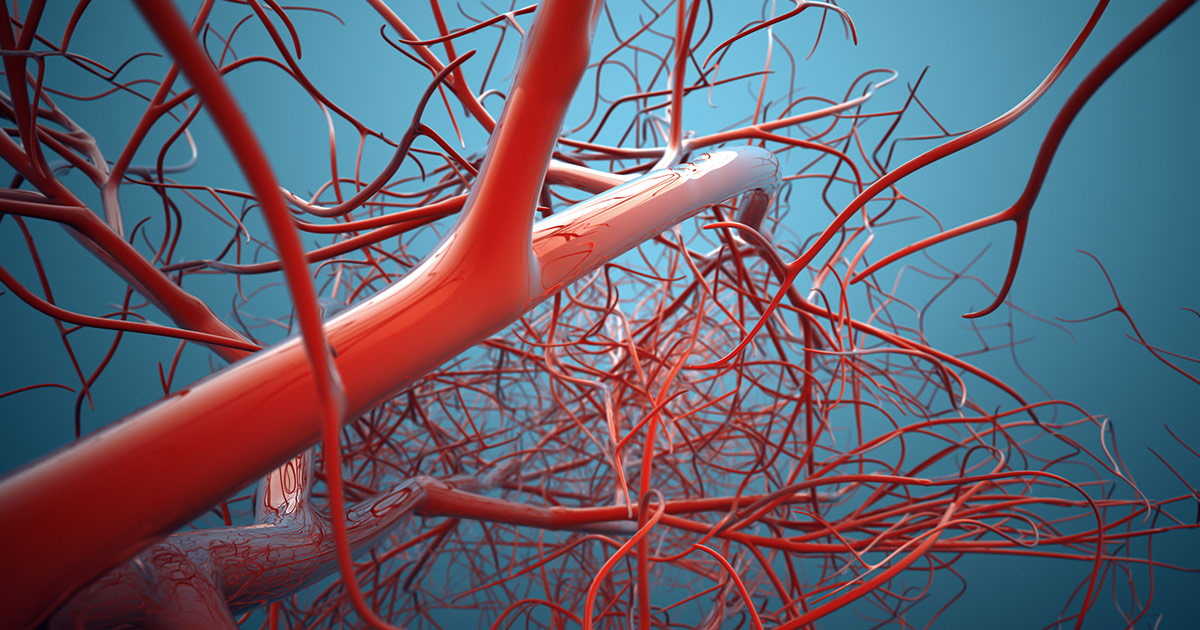Common Causes Of Pulsatile Tinnitus
Tinnitus is a type of sensation that causes patients to hear certain sounds from inside the body as opposed to outside of it. While a ringing noise is the most commonly heard with standard tinnitus, these sounds can also be described as whistling, buzzing, hissing, grinding, or humming. Pulsatile tinnitus is unique in that the sounds patients hear match the rhythmic beating of their heart. The sound patients will experience with this form of tinnitus is the sound of blood circulating through the body. For standard types of tinnitus, it's currently unknown what causes the sounds to occur. However, pulsatile tinnitus can have several different sources for the noise, which makes treatment more viable.
Overactive Thyroid Gland

Pulsatile tinnitus usually occurs because the ear is aware of certain changes that have taken place in the blood flow of nearby vessels, which can include blood vessels in the ear or neck. An overactive thyroid gland, regularly referred to as hyperthyroidism, is among the most common causes of pulsatile tinnitus. This condition will result in quick and loud blood flow. The thyroid is located around the bottom portion of the neck directly above the collarbone. This gland directly controls the pace of the heartbeat as well the individual's ability to burn calories. This gland plays a substantial role in regulating the metabolism levels in the body. It's possible for the thyroid to produce too much of a certain hormone that helps with the regulation of metabolism. This hormone is called thyroxine and can cause a variety of unpleasant symptoms if left untreated, including mood swings and nervous feelings to losing high amounts of weight suddenly and experiencing tremors in the fingers and hands. Since a higher production of thyroxine results in a fast heartbeat, it's common for affected individuals to suffer from pulsatile tinnitus as well.
Uncover another common cause of pulsatile tinnitus now.
Irregular Blood Vessels

The presence of irregular blood vessels, which occurs when blood starts to flow through vessels that have become damaged or twisted for some reason, can result in pulsatile tinnitus. The damaged blood vessels will typically be located near the ear or within the brain. When these blood vessels have been damaged, patients will experience a change in the noise and pressure that occurs with their blood flow. It's also possible for certain veins and arteries in the neck to cause this sound. If individuals believe a damaged blood vessel may be the cause of their pulsatile tinnitus, it's important to have this problem checked immediately. The issue with damaged blood vessels is they can weaken blood flow in the body and possibly rupture in certain situations. Both of these problems can make for severe complications, which is why early treatment is highly recommended.
Learn more about what can cause pulsatile tinnitus.
